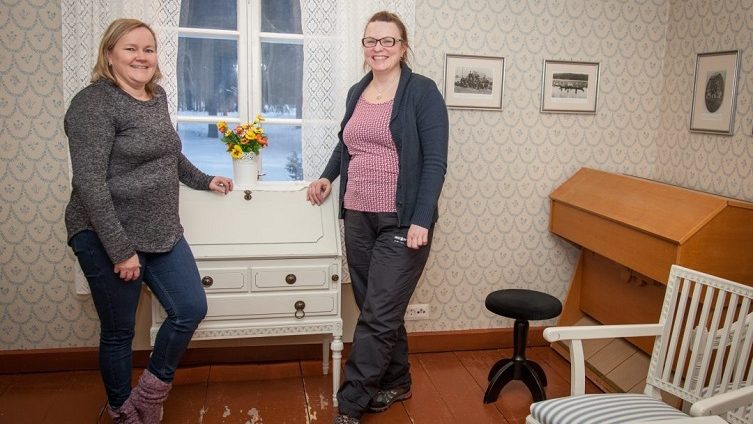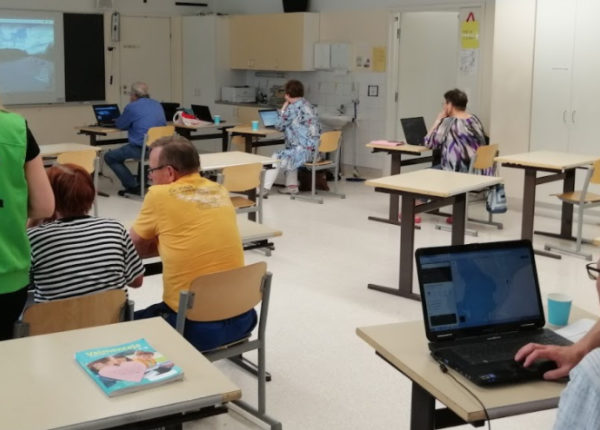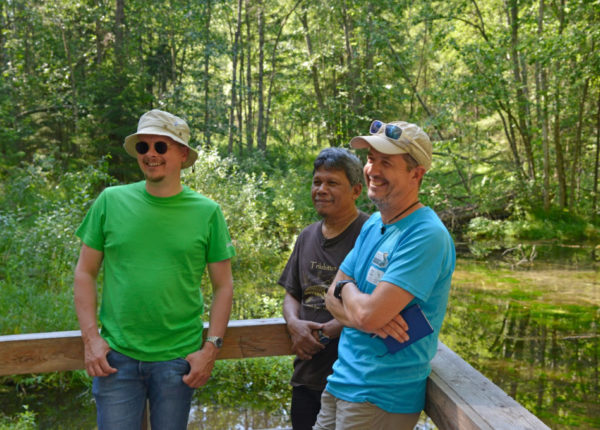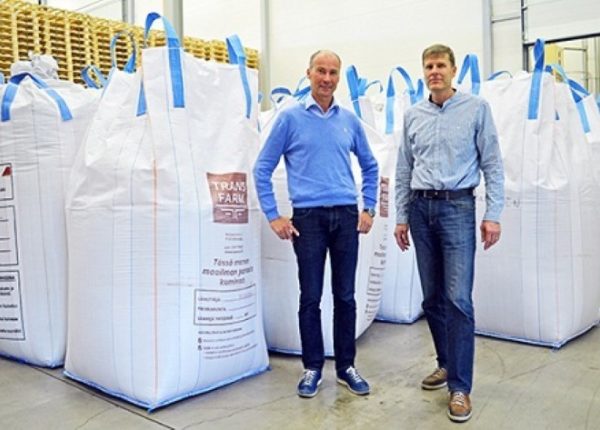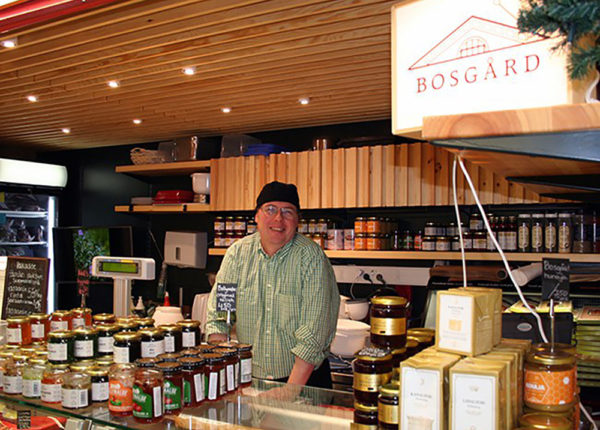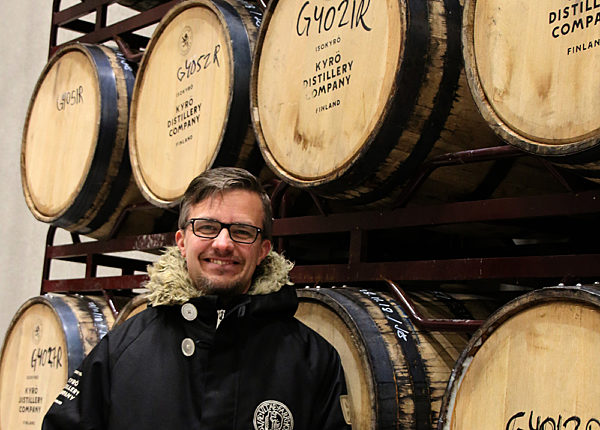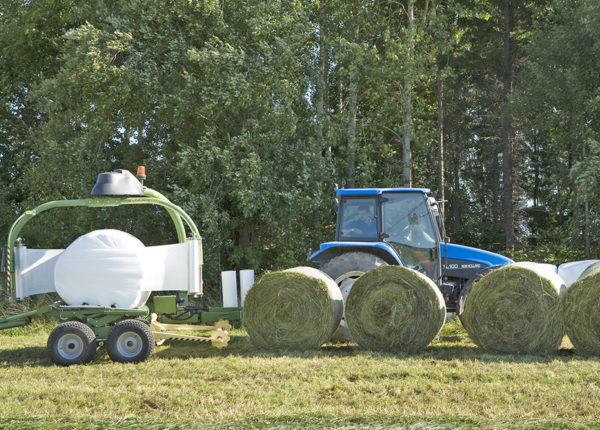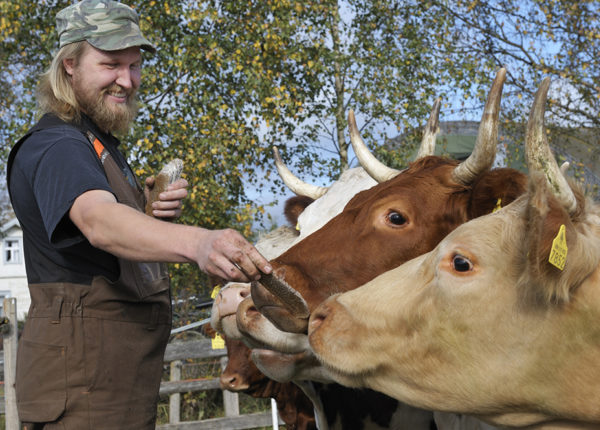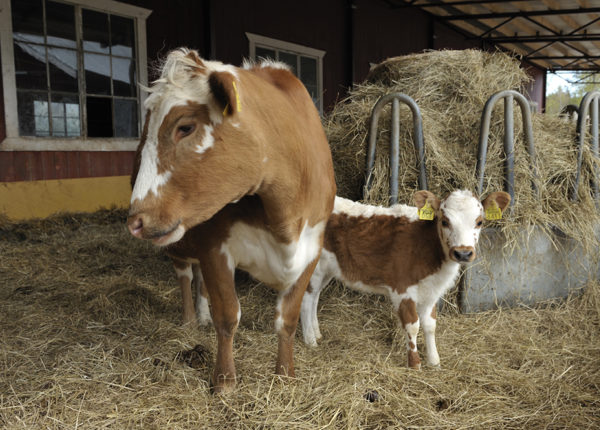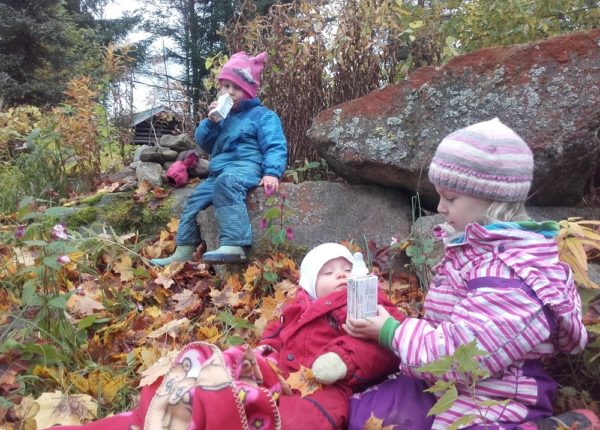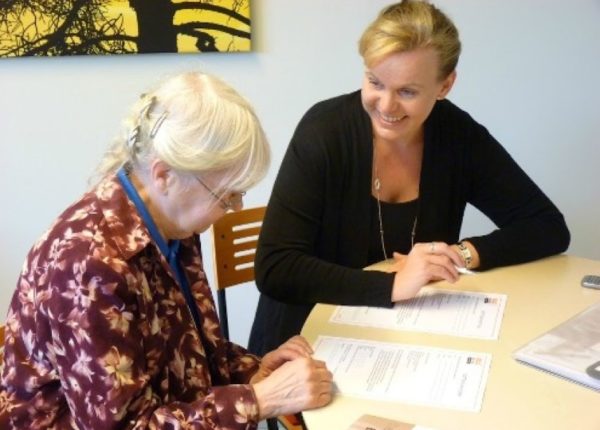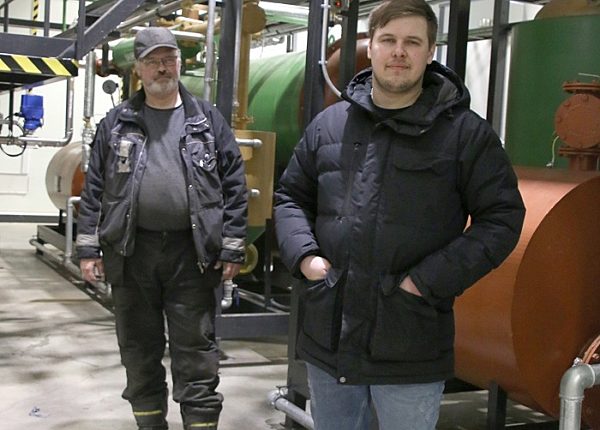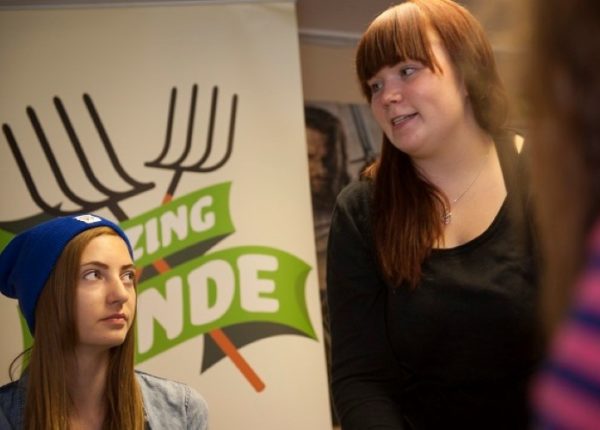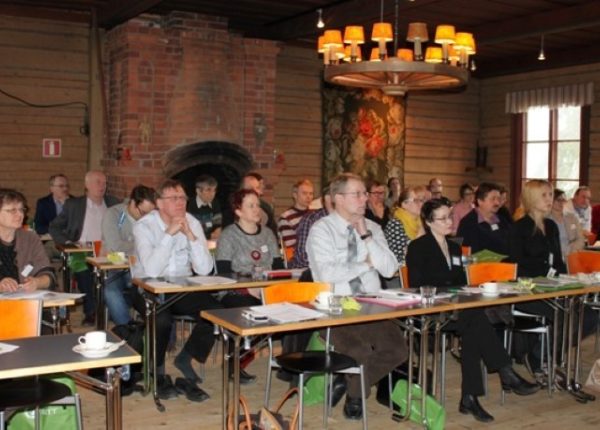Järvikylät is a group of villages dozens of kilometres from the central village of Sodankylä municipality, and for most services it is necessary for either the service provider or the customer to drive considerable distances. Income and entrepreneurship are required to keep the villages in the area inhabited and the age structure balanced. Service entrepreneurship can also contribute to the providing of feasible and economic services. These ideas led to a project to develop a joint operating model for services in Järvikylät, titled ‘Koko kylä palvelee’ [All the village is a service], administered by the Sodankylä local authority and funded by Leader Pohjoisin Lappi.
Initially, a survey was conducted of the service needs of residents in the Järvikylät area jointly with services for the elderly, early childhood education and social services in the municipality. The elderly, families with children, special needs groups and residents requiring temporary assistance were selected for special focus. At the project application stage in 2015, there were 42 children under school age and 372 persons over the age of 63 living in the Järvikylät area. The service needs survey covered not only services provided by the local authority but also preventive services such as household cleaning, wood supply, snow clearing and small renovations, which residents could finance themselves.
Based on the needs identified, development was introduced for new ways of providing home help and care services, relief workers for informal carers, meals-on-wheels services, daycare services, clubs and other recretional activities. Responsibility for providing most of such services rests with the local authority, which was keen to join the project. Project manager Kaisa Annala commends the Sodankylä local authority.
“The local authority saw this project as so important that they allowed us to launch it on their account before the funding decision had come through. They also boldly embraced the suggestions we made,” says Annala, herself a Järvikylät resident.
Doing where it needs to be done
Services provided by entrepreneurs already in the area were charted, and the next step was to consider which services those entrepreneurs could improve or add. People planning to establish an enterprise were also taken on board.
“A large percentage of the costs of a service comes from travel costs, which could be avoided if the service provider were close to the customer to begin with. Considering the small population of these villages, you cannot survive as a one-trick entrepreneur, but if you provide several services, then you will have more work to do. The major insight in this project was realising how much work there actually is to do in these villages. We calculated that combining various tasks could create employment for 2.5 full-time equivalents in the villages. This would also make the services more affordable and more customer-oriented,” explains Annala.
“We thought about things like whether taxi drivers in the area could transport not just schoolchildren but also meals or grocery orders. Taxi drivers are important people in the lives of the elderly these days,” says Annala. “And perhaps a farmer’s wife could double as a child minder if needed. There is also need for family care for the elderly,” she continues.
Family care provides the patient with recreation and a safe environment while allowing a moment of rest for the informal carer. Nine family care providers were trained in the project. Family care is also applicable in situations where an elderly person is convalescing after hospitalisation and needs support before being discharged.
Many hands
The project led to one new enterprise being established in the area, providing family care and other services. Two already established entrepreneurs also began offering care and home help services locally. One of those two is Sari-Anne Mattila, who has been active in the project since the drawing up of the project plan. Her business is named Pyrita.
Ritva-Leena Vierelä is the founder of the new enterprise, named ‘Järvikylien palvelut’. Her original intention was only to do physiotherapy, which would have required her to drive to the central village almost daily.
“But now my business is busy with many little things, and I only go to the central village a couple of times a month now,” she says.
In addition to physiotherapy, Vierelä now does household cleaning and recreational activities.
“Anyone can hold a duster, whatever their qualifications are. Why not do some cleaning when I’m visiting a customer anyway?” she says with a smile.
A multi-family daycare service was set up in the project for Vierelä’s children, who would otherwise have had to be transported to the central community for daycare every day. A child minder was found in the Järvikylät area, and there is now capacity for taking on children from other families.
“I am really happy that the local authority decided to run with this. It saved both myself and the child minder a daily drive back and forth,” says Vierelä.
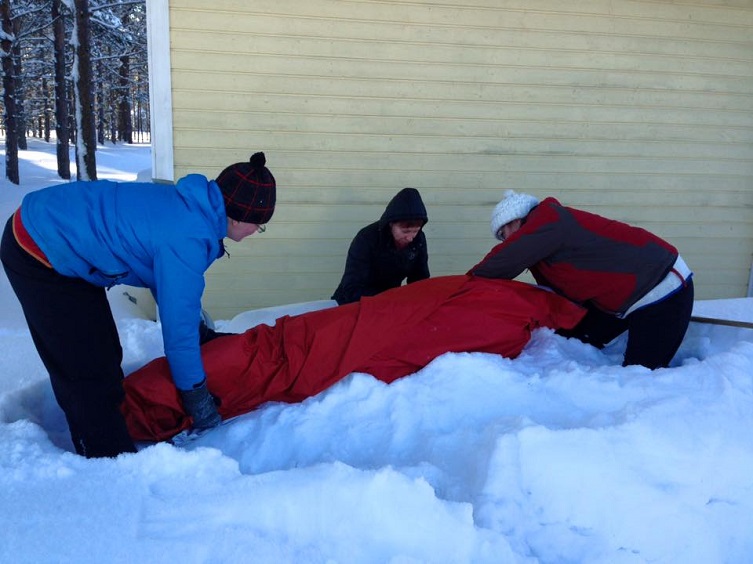
There were activities for people of all ages at the recreation festival and village events organised in the project.
Clubs and training
Recreation festivals and village events open to everyone were organised in the Järvikylät area by the project, jointly with operators in the villages. It was discovered that activities for children and the elderly could be combined. Clubs open to everyone offer welcome opportunities for social interaction for villagers who stay at home for reasons not due to themselves. ‘Terhokerho’ clubs held by the Mannerheim League for Child Welfare and the Red Cross, intended for people of all ages, were established in the Järvikylät area. The Northern Lights Adult Education Centre (Revontuli-Opisto) and the local parish also provide what are known as preventive services in the Järvikylät area, including a senior citizens’ choir and a family club.
The recreation festivals and village events included surveys of residents’ training needs, and courses were subsequently arranged in first aid, hygiene and medical treatment. Up-to-date training is important in family care and indeed in care services in general. A protective services basic course was also held, so that the daytime dances and other major events proposed at the recreation festivals would not fail at least because of a lack of security officers.
